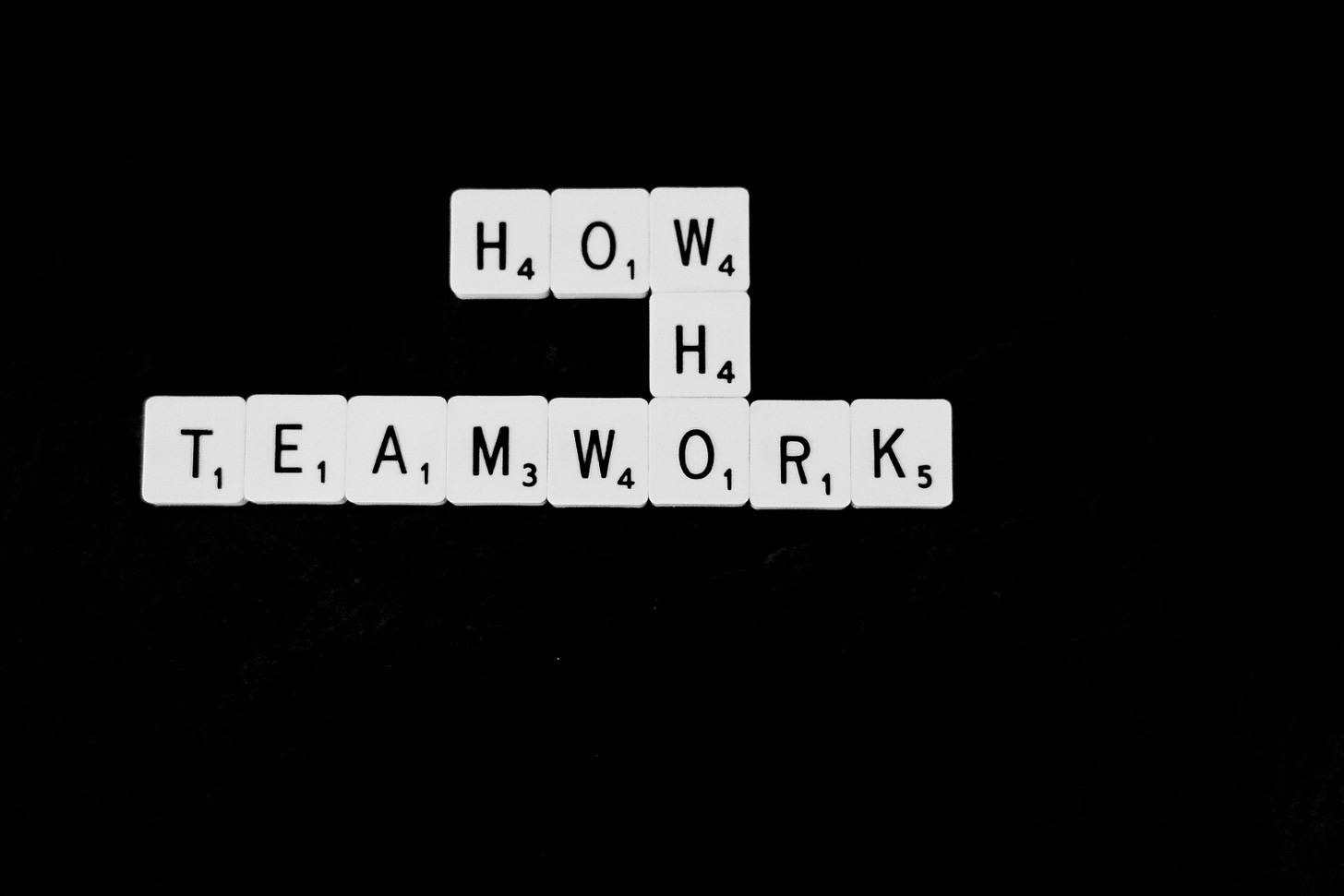First thing first, entry level and middle management employees are super critical for your business. Yes, senior management is important (very important), but strong execution from the team at large is important for any business to succeed, especially for an early-stage company. This is the reason why I believe in the power of building entry-level and middle-level management for scaling up a business.
As a business leader and an occasional investor, I have spoken to many entrepreneurs and business leaders, who are focussed on hiring a stellar senior management team but do not realize the benefits of investing their resources on hiring the right people across their business hierarchy.
In fact, I have seen more mistakes happening in hiring at the middle level than at the senior level. One must take conscious calls on whether the teams need more generalists or specialists, passion or experience, execution or industry knowledge.
Here are some of my learnings from my experience on hiring:
Most Entry-Levels Should Be Generalists, Open to Become Specialists
In an era of specializations, I always prefer hiring generalists for my entry-level positions. Why? Because I think generalists have better opportunities to identify their field of expertise based on their own real-life experience.
This becomes more important in a startup because let’s face it, you might have a million dollars in your bank account but you will always be short of resources. A generalist who is ready to learn and take up new projects, will always be a better hire than an entry-level specialist whose expertise isn’t based on experience, but solely on the University degree. Ex. a fresh graduate in history may do very well as a marketing associate if he or she has made efforts in the past to take up marketing projects
Look for Passion Vs. Expertise for Entry- to Mid-Level Hires
Many entry- to mid-level hires bring in fresh ideas and energy in the organization. But this is only possible when there is passion. I put more emphasis on passion for entry level positions and on strong expertise and rock-solid experience for senior hiring.
You can see some additional thoughts on early hiring in the newsletter “Early Hires = Important hires” that I posted sometime back.
Identify When It’s Time to Change
Remember that your employees will evolve over time. As a leader you must keep a track of their evolution. Know when it’s time to move them to the next level. Generalists will become specialists eventually, passionate employees will gain experience and expertise overtime.
As business leaders it is important to identify this change because the cycle of evolution is different for every employee. Moreover, as your company scales up, you will have to decide if you need more execution or experience. Easier said than done, this is a very important part of the hiring cycle and requires a leader to be stay observant always!
Here is a story from my own professional journey- back in 2012 I hired Ritika, a content writer, fresh out of college for EduKart, my EdTech startup. She was open to learning new skills and taking up new projects. During her stint, that lasted just over an year, she started to manage our Social Media and eventually our Public Relations as well. She later moved put to pursue her Masters. I happened to rehire her after she graduated for a slightly senior role in 2014. The expectation was somewhere between a generalist and specialist profile.
Few years later in 2019, when I hired her again, this time at Udacity, the expectations were completely different. She had become much more specialized now and I hired her for her industry experience and not so much for her passion.
I was recently chatting with Ritika and asked her how she felt each of the times she came into the interview process. She remarked “I always knew that it is not going to be easy to be hired by the same person for the third time. And I wasn’t wrong. The first and the second time at EduKart, the interviews were mostly around what I wanted to do and what I wanted to learn. However, the third time, at Udacity, the interviewing was all focussed on what skills and experiences I brought to table. When I look back, the interview itself set the expectations for me!”
It’s Time to Invest in your Entry- to Mid-level Hiring!
So if you are looking for levers to scale up your business, pay attention to your entry-to mid-level hiring process. Look at your current team and ask these questions-
Are they the right people in the role?
Are they the right culture fit?
Can you empower them to go to the next level?
Do you personally look at the entry-to mid-level hiring process? Do you feel it is important to invest in these roles? I would love to hear your thoughts on this!




